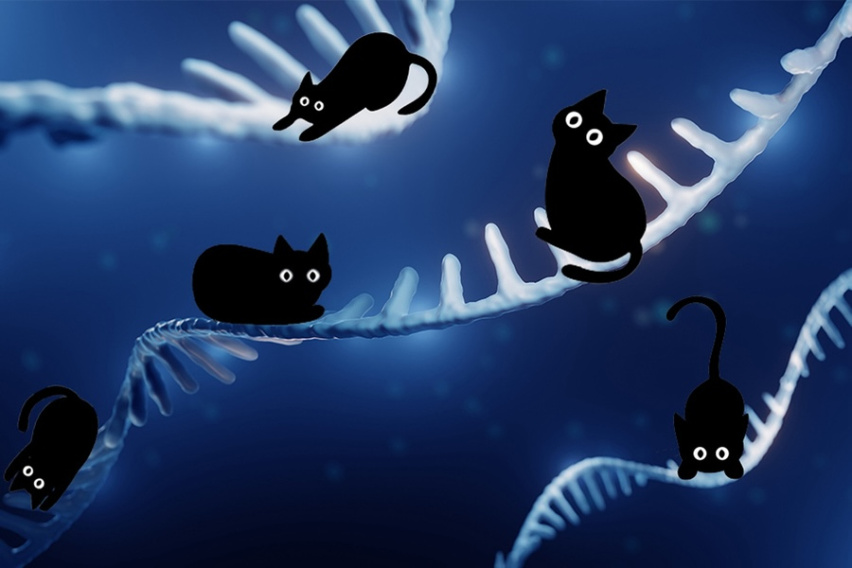MIT News
March 31, 2021
Matthew Vander Heiden has been named the next director of MIT’s Koch Institute for Integrative Cancer Research, effective April 1. An MIT professor of biology, a practicing oncologist at Dana-Farber Cancer Institute, and a pioneer in the field of cancer cell metabolism, Vander Heiden was one of the first faculty members hired to join the Koch Institute after it was created. He has served as associate director since 2017, and is a member of the MIT Center for Precision Cancer Medicine, the Ludwig Center for Molecular Oncology, and the Broad Institute of Harvard and MIT. His work has been recognized by many awards, including the HHMI Faculty Scholar Award and an NCI Outstanding Investigator Award. Now, as he guides the Koch Institute into its second decade, he looks forward to taking advantage of new opportunities to make fundamental discoveries in the biology of cancer, as well as translating existing knowledge into better treatments for patients. Vander Heiden succeeds Tyler Jacks, who has served as director for more than 19 years, first for the MIT Center for Cancer Research and then for its successor, the Koch Institute.
